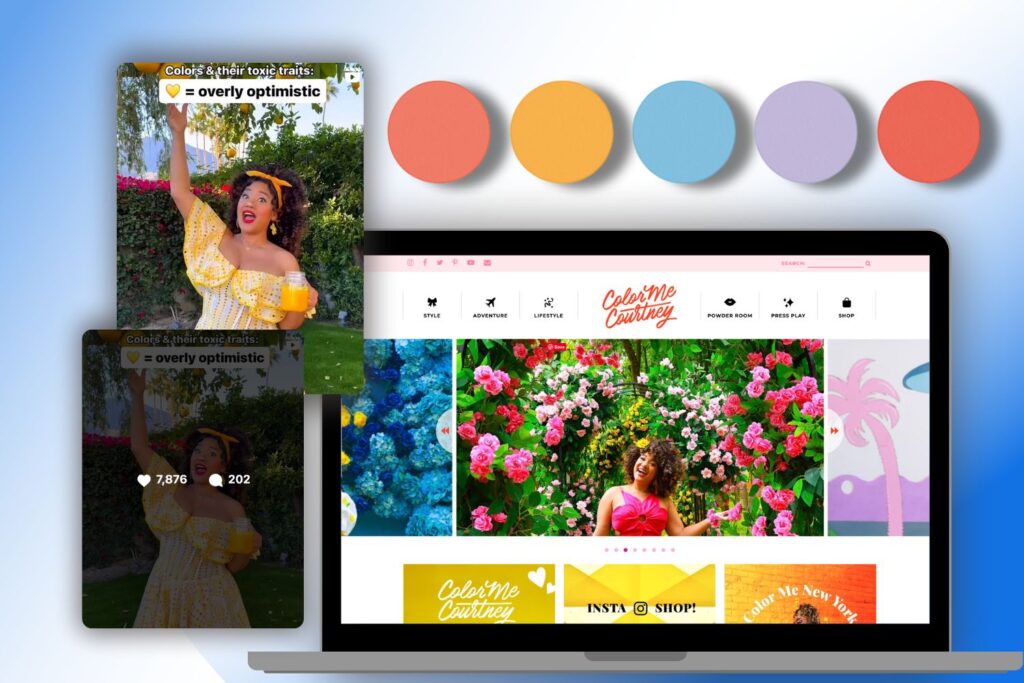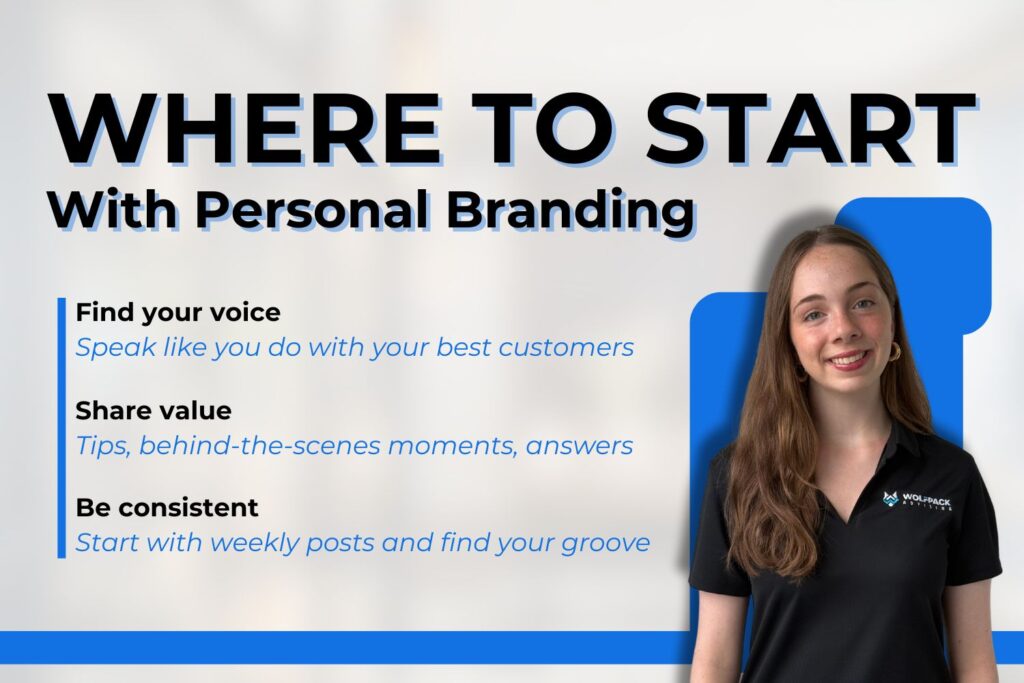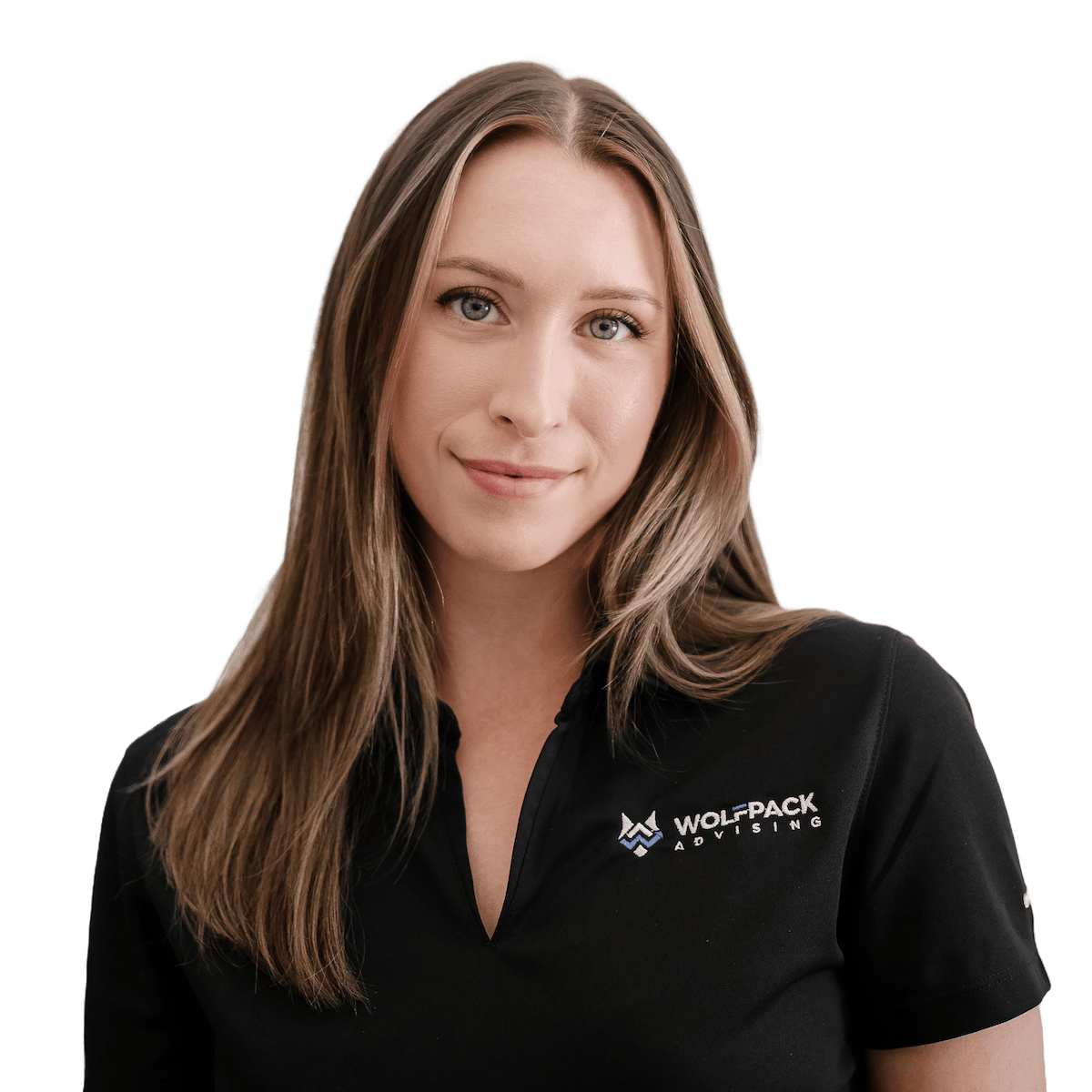Last updated on December 12th, 2025 at 02:50 pm
Personal branding isn’t just for influencers or product marketers. For today’s business owners, especially in service industries and local markets, a personal brand can build real trust, make your business stand out, and directly lead to growth.
But what does that actually look like in practice?
Let’s break down a handful of personal branding examples done right and how these approaches helped scale businesses of all types.
Contents
Why Personal Branding Matters for Businesses
Even though you’re marketing your business, people buy from people. That’s not a trend. It’s human nature to connect more with another person than with a logo.
When a business has a clear, authentic personal brand behind it, it becomes easier to build trust, create loyalty, and turn attention into actual customers.
In fact, 92% of consumers trust recommendations from individuals over brands. Plus, personal profiles on LinkedIn get more than 2X the engagement of company pages.
For local businesses and service professionals, this matters even more. Customers want to know the person behind the service before they commit. A personal brand makes you more relatable and easier to find online.
Personal Branding Examples That Scaled Businesses
1. Tommy Mello: A1 Garage Door
Tommy grew A1 Garage Door Service from a local operation into a multi-million dollar home service business with locations across the country. Along the way, he made a deliberate choice to build his personal brand.
Through his podcast, LinkedIn presence, and speaking at industry events, Tommy shares real-world advice on growing service businesses. This not only elevated his reputation but also helped attract new team members, partners, and customers.
What you can learn: Personal branding can help you grow more than your customer base. It can also attract top talent and new business opportunities.

2. Jasmine Almeter: Residential & Commercial Pest Pros
Jasmine runs Residential and Commercial Pest Pros. Jasmine took a smart approach to building her personal brand by using Instagram and podcast interviews to highlight her day-to-day work and industry expertise.
Her approachable, helpful content makes her relatable and builds trust with local homeowners, many of whom discover and follow her online before ever booking a service.
What you can learn: You do not need a big national platform to benefit from personal branding.
3. Noah Kagan: AppSumo
Noah Kagan is the founder of AppSumo, an online marketplace that helps small businesses discover tools at discounted prices.
He didn’t rely on traditional ads to grow the platform. Instead, he built a strong personal brand on YouTube, where he shares real, behind-the-scenes lessons from his own entrepreneurial journey.
This consistent, transparent content has built a loyal community of business owners who now trust and follow AppSumo’s offerings.
What you can learn: Sharing lessons from your own experience builds credibility and creates an audience that is primed to buy from you.
4. Ama Amo-Agyei: Plantmade
Ama Amo-Agyei built Plantmade, a haircare brand, from scratch and used her personal story to stand out in a crowded market. On social media, Ama shares why she started the brand, what matters to her, and how her values guide her business decisions.
By being open about her journey, she created an emotional connection with her audience, which has translated into strong community support and brand loyalty.
What you can learn: Values-driven branding can turn first-time buyers into repeat customers who advocate for your business.
5. Courtney Quinn: Color Me Courtney
Courtney Quinn is a fashion content creator and founder of the Color Me Courtney brand. She built her following by fully embracing her colorful personal style across Instagram, TikTok, and her blog.
Her consistent visual style and energetic storytelling made her stand out, leading to brand partnerships and sustained audience growth.
What you can learn: A clear and consistent visual identity makes your brand instantly recognizable, which helps you stay top of mind.

6. Ali Abdaal: Productivity Educator and YouTuber
Ali Abdaal started as a doctor who made YouTube videos about productivity and learning. Over time, his personal brand grew into a full business, including courses, books, and a large paid community.
Instead of positioning himself as an untouchable expert, Ali focuses on approachable, relatable content that teaches what he has personally tested.
What you can learn: Teaching from your own lived experience makes your content feel more trustworthy and actionable.
What These Personal Brands Get Right
They weren’t trying to be everywhere. They focused on consistency in a few places where it mattered.
They didn’t create content for the sake of looking busy. They built personal brands that supported business growth through trust, visibility, and stronger relationships.
What made their approach work:
- They chose platforms that matched their audience and strengths
Whether it was Instagram for local homeowners, YouTube for entrepreneurs, or LinkedIn for professional peers, the goal was to meet their audience where they already spent time. - They used their real voice
No generic marketing speak. They shared stories, insights, and personal moments in the tone they would use with actual customers. - They stayed consistent over time
Not daily posts, not viral hacks. Just a steady presence that built recognition and trust. - They connected their personal brand to their business goals
Every piece of content supported growth. More leads, stronger loyalty, better hiring, or increased referrals.

How You Can Start Building Yours
Start simple. You do not need a full content strategy to begin seeing results.
Prioritize your Google Business Profile. For service businesses, this is often the first place potential customers will check. Make sure it reflects your personality and the strengths of your business. Add photos, respond to reviews, and keep it current.
Pick one additional platform where your audience is active. For many service businesses, Instagram or Facebook works well. For more professional services, LinkedIn can be a strong choice.
When you post, focus on:
- Being consistent: Weekly posts are a great place to start. No need to overdo it.
- Sharing value: Tips, behind-the-scenes moments, or answers to common questions work better than sales pitches.
- Using your own voice: Speak like you do with your best customers. Authenticity builds more trust than trying to sound like a marketer.
Over time, this kind of personal branding builds a reputation that drives word of mouth, repeat business, and referrals. It also makes your business easier to choose when someone is comparing local options.
Conclusion
Personal branding is one of the simplest ways to build trust and help your business stand out. You do not need to be everywhere or have a massive audience.
You need to show up consistently, be aware, be yourself, and give prospectives a reason to choose you.
If you are ready to strengthen your brand and bring in more leads, we can help. Get a proposal and learn how we can help your business grow with smart digital marketing.





